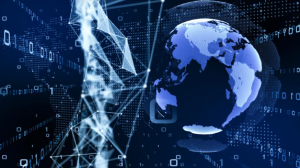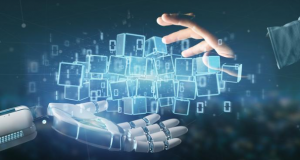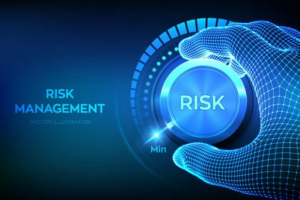How Artificial Intelligence Will Impact the Future

Artificial intelligence is a technology that is gaining more prominence each and every day. AI has the potential to fundamentally transform our future and reshape our lives in the coming decades. Many experts predict that advanced AI will be one of the key technologies that define the next industrial revolution. However, the future with AI is hard to predict due to both promising opportunities and existential risks.
On the positive side, AI will likely bring significant benefits to various fields. In healthcare, AI can help diagnose diseases, personalize treatment plans, discover new drugs and enhance the accuracy of surgery. AI may also drastically improve transportation by enabling safe autonomous vehicles and efficient smart transport systems. Other areas such as education, manufacturing, financial services, agriculture, and scientific exploration will also be disrupted and improved by AI.
Many dangerous and challenging jobs will be performed with the assistance of AI or by AI systems themselves. Some jobs will disappear but many new types of jobs will also emerge. However, the job transformation will require massive retraining of the workforce. It may exacerbate inequality if only companies and highly-skilled individuals have access to advanced AI technologies while many people lack skills to thrive in AI-centered jobs.
In addition, widespread use of AI may bring new threats that we must carefully manage. Vulnerable AI systems can potentially be hacked and exploited for cybercrime or misuse. Autonomous weapons that utilize AI may be harder to control and restrict. More fundamentally, advanced AI that matches human intelligence may eventually pose an existential risk if not properly aligned with human values. Researchers are actively studying how to maximize the benefits of AI and avoid potential downsides. Regulations and policies around AI will likely be increasingly important and complex.
No doubt, artificial intelligence will significantly influence and shape our future in the coming decades. However, the future with AI remains shrouded in uncertainty due to both optimistic rewards and worrisome risks. The progress in AI will depend on responsible innovation, ethical guidelines and human choices we make today. Overall, AI will drive society to adapt to a new world where artificial and human intelligence collaborate. If we’re able to navigate the difficult decisions and problems ahead with humanity and wisdom, AI may ultimately transform our future in amazing and profoundly hopeful ways. But we must be vigilant and proactive in ensuring its responsible development and use. The future is ours to shape.






